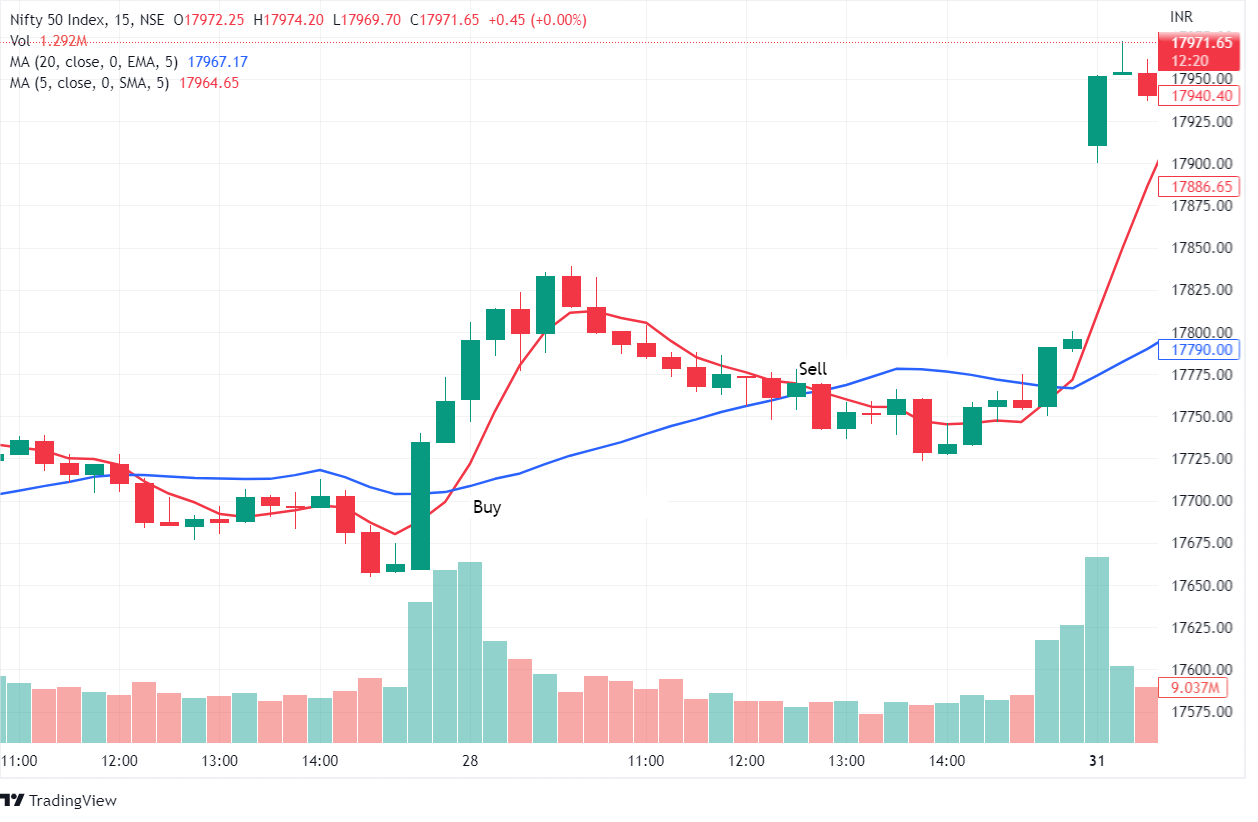In today’s tough market, B2B companies always face the task of handling large orders efficiently. This can get complicated and cause delays and mistakes in fulfilling orders, which can make customers unhappy.
But by using technology wisely and sticking to what works, companies can greatly improve how accurately and quickly they process orders, leading to happier customers overall. In this post, we’ll look at some important strategies B2B businesses can use to make their bulk order processing smoother.

Invest in a Tailored B2B Purchasing Solution
A crucial step for any B2B company is to opt for a purchasing solution specifically crafted to suit its needs. A customized B2B purchasing solution allows for the automatic generation of tailored purchase requisitions. This not only accelerates the ordering process but also guarantees that all specifics align precisely with the requirements of both the supplier and the buyer.
Furthermore, integrating a versatile, multi-stage approval mechanism into this system minimizes obstacles and speeds up approvals, guaranteeing that suppliers receive purchase orders containing customized fields, data, terms, and conditions tailored to the transaction. This level of customization and efficiency in the procurement process is essential for fostering strong supplier relationships and ensuring seamless operations.
Enhance Data Management and Integration
Integrating order processing systems with other key business management software like enterprise resource planning and customer relationship management systems facilitates seamless data flow and communication across departments.
Efficient data management lowers the chance of errors during order fulfillment and boosts the capability to monitor and oversee orders effectively. By guaranteeing that all systems are interconnected, companies can promptly address customer queries and address modifications or problems as they occur, resulting in superior customer service and streamlined operational management.
Automate Inventory Management
Streamlining inventory control is essential for striking the right equilibrium between fulfilling orders promptly and steering clear of surplus stock. Automated systems offer instantaneous stock level updates, crucial for averting typical problems like order delays and backlogs.
These systems enable businesses to forecast demand, fine-tune inventory levels accordingly, and guarantee prompt and precise order fulfillment. Automating inventory control not only lightens the workload for staff but also reduces the chances of human error, rendering the process more seamless and dependable.
Optimize Supplier Communication and Collaboration
Streamlining order processing heavily relies on effectively communicating with suppliers. By enhancing communication channels and leveraging collaborative platforms, businesses can guarantee alignment across all involved parties.
Instantaneous updates and the capacity to swiftly modify orders can greatly boost the supply chain’s effectiveness. These platforms enable improved scheduling, quicker reactions to market shifts, and more tactical decision-making, all of which bolster operational efficiency.
Implement Robust Security Measures
Establishing strong security protocols is essential as digital platforms increasingly handle order processing. Safeguarding sensitive data is imperative to shield both the business and its partners from cyber threats.
Key cybersecurity measures, including routine audits, compliance assessments, and secure access protocols, are vital for upholding trust and reliability in B2B transactions. Additionally, prioritize employee training. Research indicates that around 88% of data breaches stem from employee errors, underscoring the necessity of comprehensive training. Upholding data integrity and security not only meets regulatory standards but also fosters trust among partners and customers.
Continuous Process Evaluation and Improvement
Every system has its flaws, and there is always space for improvement. However, by continuously assessing the order processing system, companies can spot and fix inefficiencies or slowdowns.
Creating feedback channels with both customers and suppliers can reveal where improvements can be made, guaranteeing that the system adapts to meet evolving business demands. Consistent upgrades and refinements can preserve competitiveness and effectiveness, keeping the business ahead in order processing standards.
This iterative approach ensures that the company stays agile and responsive to market demands, fostering a culture of innovation and adaptability. By embracing continuous evaluation and improvement, businesses can stay ahead of the curve and maintain customer satisfaction levels.

Final Thoughts
To make the processing of bulk orders more efficient, using a variety of methods is essential. These can include investing in technology, managing supplier relationships strategically and ensuring strong data safety measures. By using these techniques, B2B businesses can improve their operation effectiveness, reduce mistakes and increase satisfaction for both customers and suppliers.
To stay competitive within the changing B2B market, companies need to always review and improve their order processing strategies. Now is the moment for you to assess your current processes and think about how these best practices may fit into your bulk order system.







